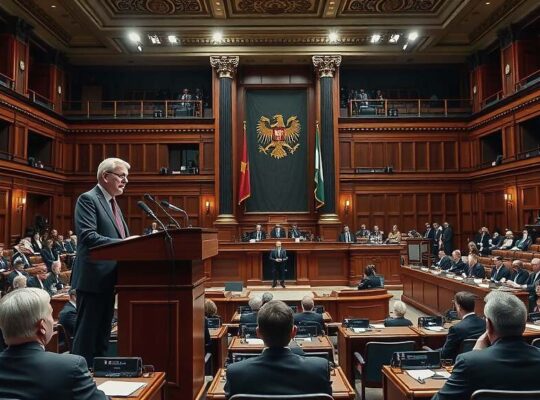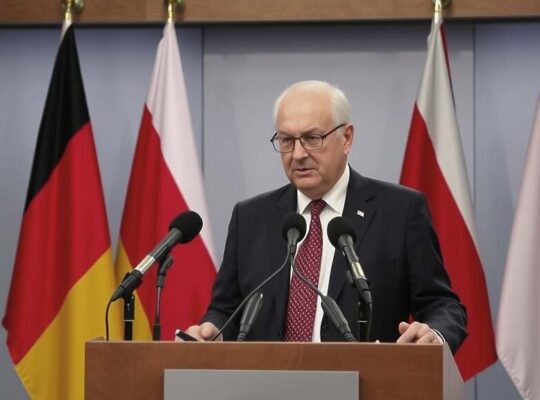After months of protracted delays, Afghan refugees holding prior German acceptance pledges are once again being permitted to enter the Federal Republic. Multiple Afghan families are expected to arrive in Hannover this Tuesday via a commercial flight originating from Islamabad, connecting through Istanbul, according to reports from the Redaktionsnetzwerk Deutschland (RND). The German Foreign Ministry declined to comment on the impending arrivals, offering a standard response of not typically announcing scheduled entries.
These individuals were initially designated as particularly vulnerable and prioritized for relocation before the Taliban’s takeover in May. The current governing coalition of the Christian Democratic Union (CDU) and the Social Democratic Party (SPD) had previously agreed to halt all acceptance programs. However, the federal government recently announced a reassessment of existing commitments, leading to this resumption of flights. This incoming transport marks the fourth such flight since May, following a similar arrival of Afghan refugees last week from Islamabad to Hannover.
The resumption of transfers raises considerable political questions. Foreign Minister Johann Wadephul (CDU) had previously stated that the Pakistani government has granted Germany until the end of the year to finalize the relocation proceedings for these Afghan nationals residing in Pakistan. This deadline is now under significant pressure given the logistical complexities and the precarious situation many find themselves in.
The circumstances leading up to this resumption are troubling. In August, Pakistani authorities forcibly returned approximately 200 Afghans with German acceptance pledges back to Afghanistan when their Pakistani visas expired. Several of these individuals remain stranded in Afghanistan, a situation exacerbated by recent border closures stemming from clashes between the two nations. A women’s rights activist among those affected told RND that the border closures created a critical impasse, leaving them vulnerable.
The government’s ability to safely manage this ongoing repatriation effort, particularly in light of the forcibly returned individuals still trapped in Afghanistan, is now subject to increasing scrutiny. The commitment to fulfill prior pledges while navigating the delicate relationship with Pakistan and ensuring the safety of those being relocated remains a significant challenge for the current administration. Further questions arise regarding the long-term sustainability of this program given the budgetary constraints and political sensitivities surrounding immigration policy.












